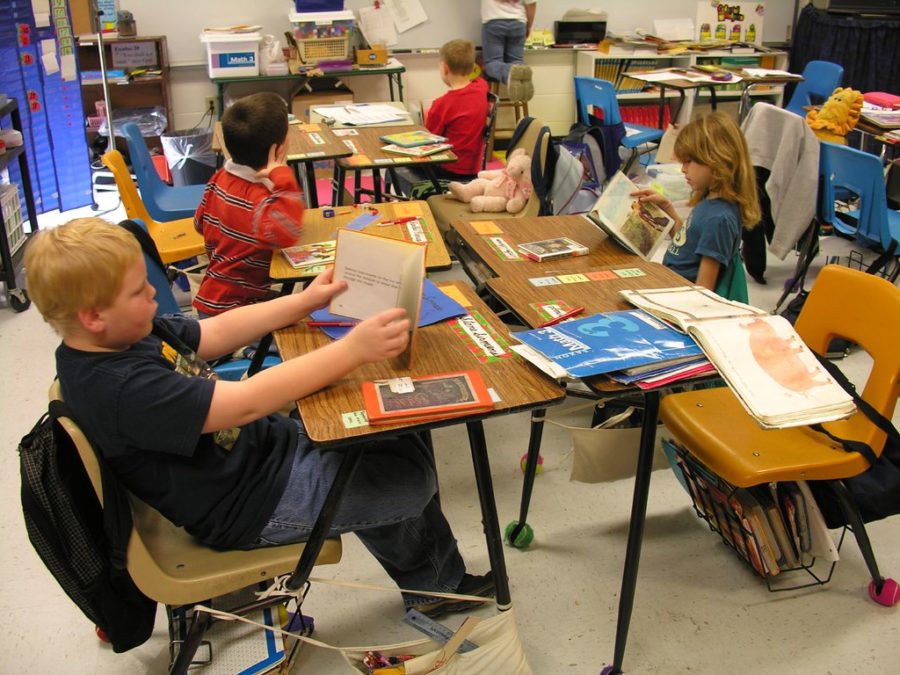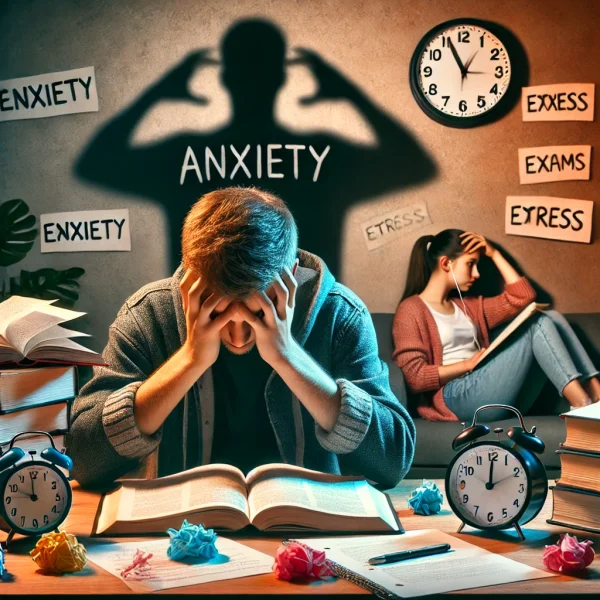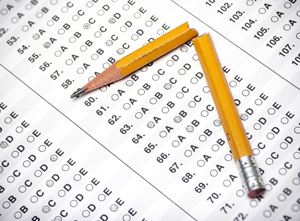How are high schoolers’ Mental Health affected by their busy schedules?
In this article, we have a couple of Jenison students speaking about how they balance life. How do they handle and counteract all that is going on in life to stay healthy and happy during the school year?
We like to look at students’ perspectives for this because who knows better than students themselves?!? Adults and other professionals are great outlets. But, times have changed so much and continue to change from when many of them have been in high school. So, who else can speak to students’ day-to-day activities and moods better than students? Almost nobody. Let’s hear what a couple of Jenison Athletes have to say.
Effects covid and mental health issues have on schools’ and students’ health
A survey from May documents how the pandemic has affected students’ mental health. 7 in 10 public schools see a rise in the number of children seeking services. 76 percent of faculty and staff members expressed concerns about their students’ health. Depression, anxiety, and trauma have risen since the start of the pandemic. Yet only about half of all schools said they were able to provide needed services. Carson McBride answers two key questions. “What is the most prominent feeling related to school for you?” and, “what do you feel is the most stressful part of life during the school year?” He said “Stress.” and “I would probably say all the homework we have to do on a daily basis is the biggest factor.”
Braedon Boerman a student at Jenison high school says, “Stress then just because I feel like I take up a lot of my time and I want to do other things with it. So then I don’t know trying to do the right thing, but also enjoy my teenage years.” After he was asked what emotion is most often correlated to school and life in this season. Braedon is not the only student to say this. Every kid puts different priorities on their schoolwork, sports, job, family, and life in general. But what makes him feel this way? He says “procrastinating and waiting to the last second because then when I do that, I get stressed out a lot.” This is the biggest identifiable reason for stress related to school for him.
Effects of chronic stress
Without the right mental health support in place, stress can become chronic, leading to several adverse outcomes for students such as:
- Physical illness
- Anxiety and depression
- Insufficient sleep
- Irritability or volatility
- Decrease in academic performance
- Social withdrawal
These are all feelings or changes that can affect students and their academics. So when students face stress on their own and develop these problems, how are they expected to keep up their grades, work, enjoy time at home, etc? Our very own student Carson said he deals with the stress by realizing that “there are two different worlds when you’re at school and you’re at home and balancing everything.” So remember that everyone has to handle stress and has different outcomes.
My intentions in this article…
The purpose of this news article was not to single anyone out or make you feel accused or convicted. Rather, want you to know that you are not alone. You are loved and being prayed for. Remember the school and authorities have outlets for you. If you ever have these prominent feelings of stress or worse, they can help. Depression and anxiety which are often diagnosed together, both are a direct result of stress or early adverse life experiences. Since 2009 there was a 40% increase in persistent sadness or feelings of depression. As of 2019 1 in 3 high schoolers deal with those feelings every single day. And, approximately 1 in 6 youth reported making a suicide plan that year, which is a 44% increase since 2009. These statistics are so sad and are only rising.
To conclude, High school can be stressful. Stress is a major factor in students’ decline in grades, quality of sleep, mental health, and general quality of life. Students, remember to take good care of yourself, spread positivity, and make sure that you are finding help if you need it.

Gavin Sills is in the 11th grade at Jenison High School. He loves to hang out with friends and spend time with family watching or playing soccer.





